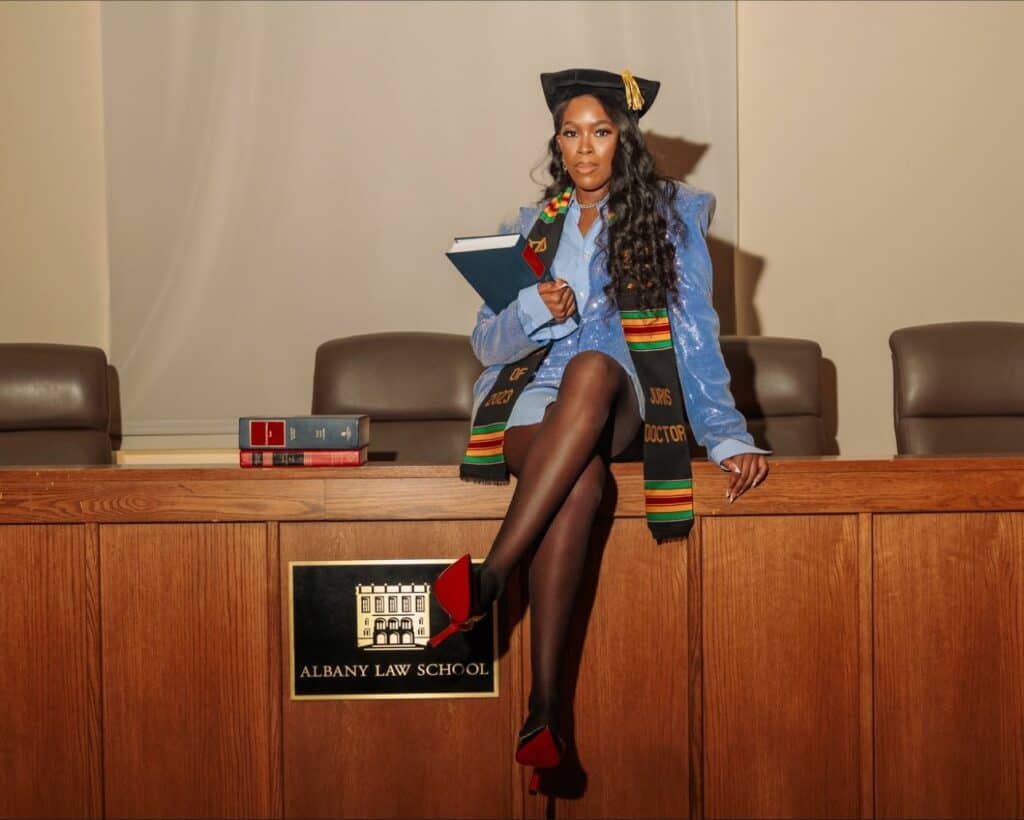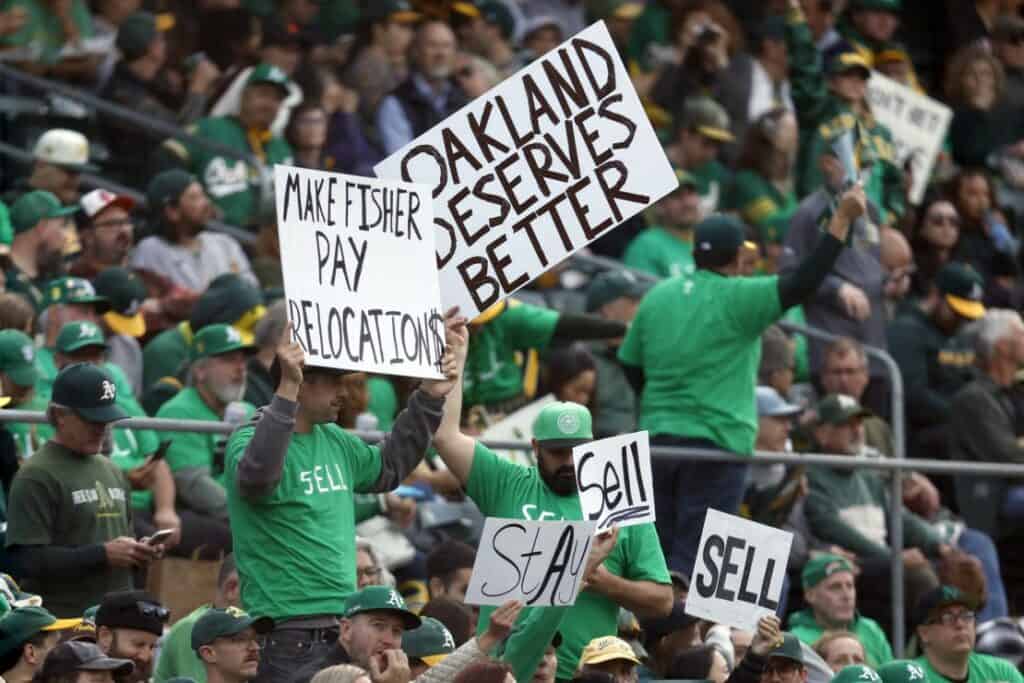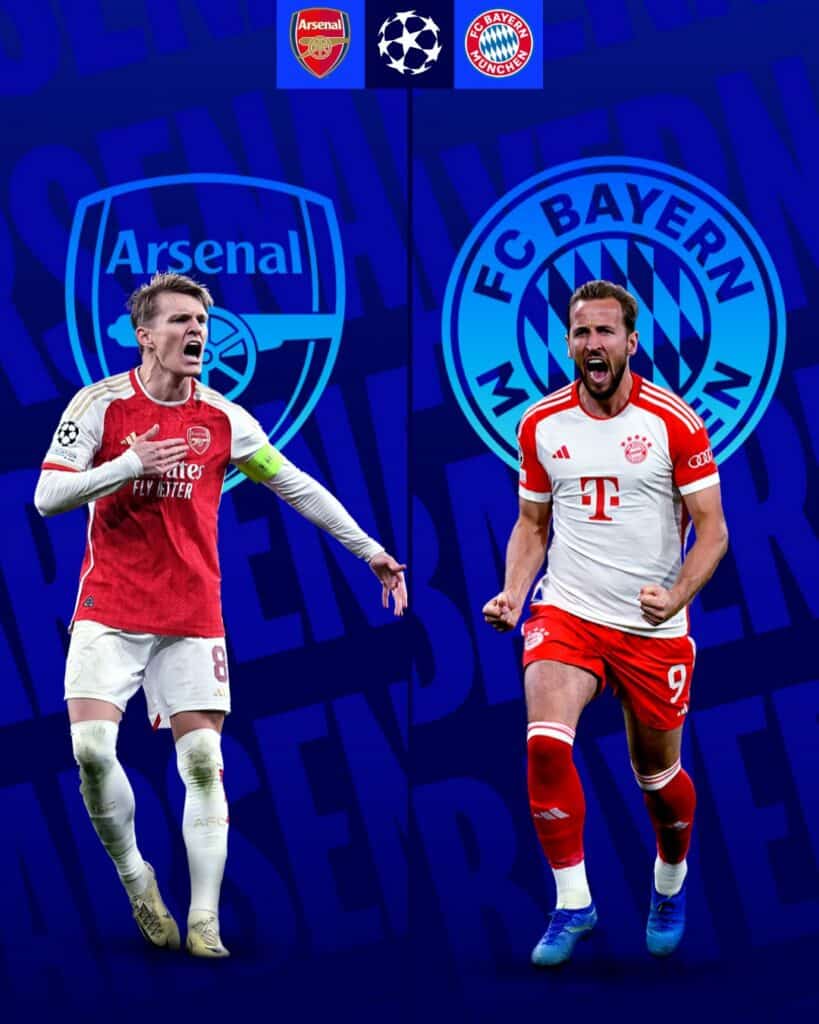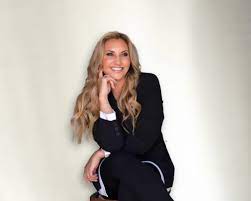It’s Super Bowl time and the San Francisco 49ers and Kansas City Chiefs are both hoping to make their mark on pro football history as the Big Game’s 54th champion. As for the rest of the 30 teams, the offseason has already started and some are looking to change their main Sunday play callers, head coaches, and beyond. From Ron “Riverboat” Rivera to Jason “The Red Clapper” Garrett, years of mediocrity on the field looming over the franchise push owners to start making changes, and that generally starts with the head coaches. The fraternity that is the NFL usually reaches out to other coaches that have been fired or offensive/defensive coordinators to move up, but sometimes a coach from the college ranks gets a chance to make a splash at the next level.
But when that does happen, how do they fair?
While one coach may be great at recruiting and being more of a father figure to huge families of boys, another may not be the babysitter type, positioned to do much better with a more mature roster of men. The outliers are obviously Jimmy Johnson, who led the University of Miami Hurricanes and Dallas Cowboys to multiple championships during his tenure at each. Or Pete Carroll, who after winning it all at USC twice went on to coach the Seattle Seahawks and won a Super Bowl to add to his resume.
But traditionally, most coaches, head coaches especially, don’t have the same luck coming from the college ranks. Tuscaloosa, Alabama legend Nick Saban has a whopping six national titles to his name, five at Alabama and one at LSU. After the 2004 season at LSU, Saban took his talents to South Beach to coach the Miami Dolphins and according to an interview from AL.com, Saban said he missed the control he had in college, saying “I can’t control my destiny here.”
The Saban led Dolphins finished 15-17 before a messy divorce landed him back in Tuscaloosa in 2007.
Another college legend, Steve Spurrier, turned basketball powerhouse Duke into a winning football program and led Florida to a national championship during his time with the Gators. Jumping to the NFL with the Redskins in 2002, Spurrier came away with two consecutive third place finishes in NFC East and actually ended up leaving coaching altogether in 2003. He would return to coach at South Carolina shortly thereafter.
Even the great Lou Holtz left N.C. State and took the Jets job in 1976, only to leave one game before the Jets ended the season 3-10. He’d go on to become the legend he is today at Notre Dame.
Most college coaches are known to bring new and innovative offensive or defensive schemes to the pro game, most of the time failing their first year.
Kliff Kingsbury went 5-10-1 in Arizona his first season after leaving Texas Tech. Butch Davis spent time as defensive coordinator for the early to mid-90s dynasty Dallas Cowboys before going on to coach the Miami Hurricanes in 1995, where he set the school up for great success going into the early 2000s.
He eventually got his opportunity as a head coach in 2001 for the Cleveland Browns, where he went 7-9 in his first season. He lasted until 2004 before the Browns fired him after a 3-8 start and a 24-29 record overall. Davis returned to college in 2007, and currently coaches Florida International University.
Coaches coming from college usually don’t do as well as coaches that come from position and coordinator spots already in the league, but there is something to say about organizations putting these coaches in rebuilding situations.
Carolina announced the hire of Matt Rhule from Baylor recently. The Panthers are looking for a QB now to replace a leader and a guy who went all out every Sunday, LB Luke Kuechly. Rhule will have a tough time, but history shows that if you stick with the guys coming from college, you just might run into a Jimmy Johnson or Pete Carroll type of guy that will put your franchise on the map for the foreseeable future.




